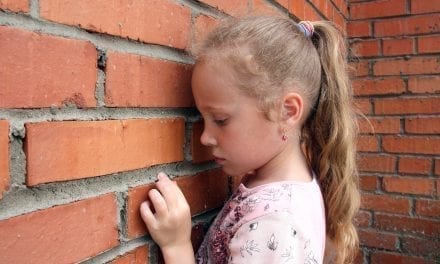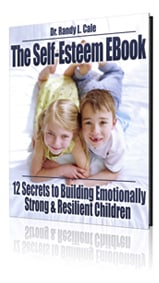Last week, we discussed how fear and anxieties can undermine our parenting. In this article, we move toward action, to get results and reduce our worry. Action is the secret to better behavior and better parenting. Real hope for a better home, a better set of habits, and better behavior is rooted in a better parenting game plan, with better actions and more clarity on your part.
Life sets limits on all of us and learning to live happily and effectively within them is a skill we acquire through our childhood experiences. More importantly, perhaps, we learn about responsibility by negotiating our way through these ‘life limits’ while thriving to do our best.
Most of us agree: Our children need rules and limits. Yet, we often get confused about the specifics of how and when to have rules, and what to do to enforce them! Even worse, we set the rules and then fail to remember them or require compliance. Here’s the answer!
The Simple System
Critical Mistake One: Too many rules.
The more rules you have in your home, the more violations of the rules that will occur. The more violations, the more frequently you have to end up managing your children’s behavior.
This leads to constant intervention, and decisions making about consequences. If you have a difficult or strong-willed child, this will mean you are frequently adding consequence upon the consequence, and the environment begins to feel very punitive and negative.
- Solution: Have just a few essential rules.
Rather than dozens of rules, focus on the critical rules that will maintain structure and routine. If you understand how to manage behavior using the leverage you possess in your home, this is not too difficult to do. In fact, it is easier to manage your home, and to maintain order and sanity with just a few decisive rules, than it is when you have lots of rules that you can’t keep up with.
Critical Mistake Two: Setting rules that we don’t follow.
This is one of the biggest mistakes that we make. We establish guidelines for our children, and when we violate them repeatedly.
For example, we might set the rule that there is no disrespectful talk in our home. Yet, when our children aren’t listening, we’re willing to compromise that rule for ourselves and we yell in an ugly voice to our children. We may not think of this as disrespect, but if we had a video camera sitting on our child’s forehead and we played it back for the world to see…. I suspect that it would appear quite disrespectful.
Another common example would be a rule that says that we don’t eat in front of the TV. Yet, our children repeatedly finding us gleefully chomping down a late-night snack in front of some late-night show, and then we pretend that this won’t matter.
We tell the children they are getting pudgy, and so we limit their snacks. Yet, they see us failing to exercise and putting on the pounds, while we eat chips and ice cream during the ball games.
We can all pretend these little things don’t matter. It does matter.
- Solution: We walk our talk.
If we set a rule, then we have got to be willing to follow it ourselves. Now there are certain rules that apply to children that don’t apply to adults. Many of these are built into every fabric and structure of our lives, and thus children see it repeated over and over. These are not problematic, because…like it or not… they reflect reality.
The problem occurs in more of the ongoing, day-to-day routines where we expect our children to do one thing, and then we do another. It’s just hard to keep a household going in a peaceful, loving way when we set up our lives in this manner.
Critical Mistake Three: Setting rules that do not reflect reality.
I find that every parent has a positive intention behind their rules. However, many of these rules do not reflect the reality we live in, and thus often waste both parent and child energy.
For example, we can waste extraordinary amounts of energy by focusing on rules that are arbitrary and have no real-life parallel. Examples could be, “At our home, you don’t eat with your elbows on the table.” Or, “You must put away your shoes first, and then you can hang up your coat.”
- Solution: Have reality-based rules.
“You can’t eat unless you wash your hands.” Learning to wash our hands before eating tends to be supportive of health. Good rule.
“You lose it…if you throw it inside.” Good rule. It preserves what we care about.
“You will repair it, or replace it, if you have a tantrum and break it.” Good rule. Again…it parallels what happens in the real world.
The more we can stick with reality, the more we establish rules that really make sense, and more importantly, reality-based rules prepare our children for the future.
Remember: Keep it simple. Minimize the number of rules. Walk your talk and keep focused on rules that reflect reality.
Pointer to More: Rules are not enough.
We must enforce the limits stated in any rule with consequences. Otherwise, the limits are more like a wish, than a real limit.
And, if you are honoring this entire system, you will not need many consequences. Just a few effective ones. That will do.
This is just a start, but this will help you move from fear…to a more action-based plan that works.















